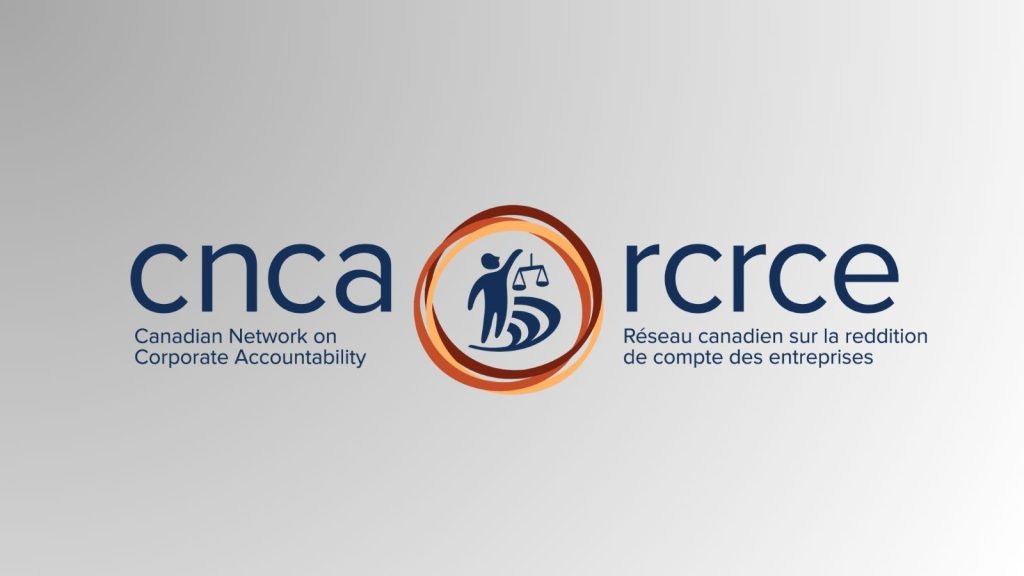Canada’s failure to regulate and ensure access to remedy for harms associated with Canadian business activity overseas is inconsistent with Canada’s international human rights obligations and has attracted the attention of the United Nations.
For example, from 2007 to 2016, at least four United Nations treaty monitoring bodies called attention to human rights violations by Canadian extractive companies overseas and called on the Canadian government to take steps to prevent abuses and facilitate access to justice and remedy.
Details
In November 2016, the International Committee on the Elimination of Discrimination Against Women, at paragraphs 18 and 19, expressed concern about violations of the rights of women and girls by Canadian mining companies operating abroad and recommended that Canada “strengthen its legislation governing the conduct of corporations registered or domiciled in the State party in relation to their activities abroad, including by requiring those corporations to conduct human rights and gender impact assessments before making investment decisions” and “adopt measures to facilitate access to justice for women who are victims of human rights violations and ensure that judicial and administrative mechanisms put in place take into account a gender perspective.”
In March 2016, the International Committee on Economic, Social and Cultural Rights, at paragraphs 15 and 16, highlighted the need for Canada to introduce an independent mechanism for complaints, to facilitate access to Canadian courts, and to ensure trade and investment agreements recognize the primacy of human rights.
In July 2015, the United Nations Human Rights Committee Report, at paragraph 6, called on Canada to: “enhance the effectiveness of existing mechanisms to ensure that all Canadian corporations under its jurisdiction, in particular mining corporations, respect human rights standards when operating abroad; (b) consider establishing an independent mechanism with powers to investigate human rights abuses by such corporations abroad; and (c) develop a legal framework that affords legal remedies to people who have been victims of activities of such corporations operating abroad.”
In 2007 and 2012 the United Nations Committee on the Elimination of All Forms of Racial Discrimination recommended that Canada “take appropriate legislative measures to prevent transnational corporations registered in Canada from carrying out activities that negatively impact on the enjoyment of rights of Indigenous peoples outside Canada, and hold them accountable.” In 2012, the Committee expressly stated that Canada’s CSR Strategy did not fulfill this recommendation.




